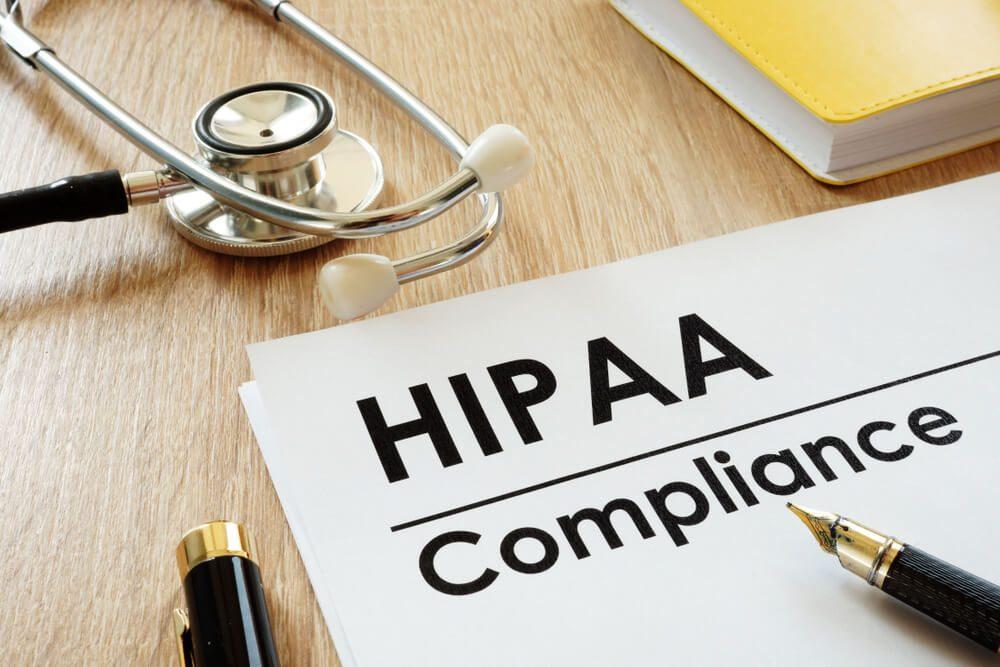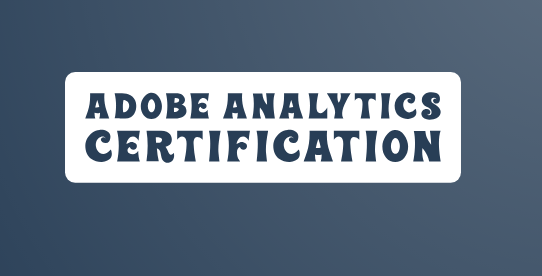Sponsor
Key Steps to Choosing a HIPAA-Compliant Email Provider

Introduction: The Need for Secure Email Providers in Healthcare
As healthcare organizations increasingly rely on digital communication, ensuring that email practices are secure and HIPAA-compliant is essential. The Health Insurance Portability and Accountability Act (HIPAA) sets out stringent requirements for how patient health information (PHI) must be protected, including when it is transmitted via email. One of the most important decisions a healthcare provider can make is choosing an email service provider that meets HIPAA standards. This article will outline key steps in selecting a HIPAA compliant email provider, helping healthcare organizations safeguard patient information while ensuring regulatory compliance.
1. Assessing the Provider’s HIPAA Compliance
1.1 Check for Business Associate Agreement (BAA)
The first step in choosing a HIPAA-compliant email provider is to ensure that the provider is willing to sign a Business Associate Agreement (BAA). Under HIPAA, any third-party service provider that handles PHI must sign a BAA, which is a legal contract that outlines the provider’s responsibilities in safeguarding the data. Before signing up for any email service, verify that the provider will sign a BAA and outline their responsibilities for protecting PHI.
1.2 Confirm the Provider’s Security Features
A HIPAA-compliant email provider must have a range of security features to protect PHI. Key features to look for include:
-
End-to-End Encryption: Ensures that email content is encrypted from sender to recipient, protecting it from unauthorized access.
-
Data Loss Prevention (DLP): Prevents sensitive information from being sent to unintended recipients.
-
Secure Email Gateways: Provides an additional layer of protection by scanning and filtering email content before it reaches the recipient.
1.3 Evaluate the Provider’s Auditing and Reporting Capabilities
HIPAA requires healthcare providers to keep track of who accesses PHI and when. Choose an email provider that offers detailed auditing and reporting capabilities. These tools can generate logs of email activity, helping organizations monitor for potential security breaches or unauthorized access.
2. Understanding the Cost of HIPAA-Compliant Email Services
2.1 Budgeting for Compliance
While the importance of HIPAA compliance cannot be overstated, healthcare organizations should also be mindful of the costs associated with email services. HIPAA-compliant email providers often charge more than standard email providers due to the added security features and regulatory requirements. It’s essential to evaluate the total cost of ownership, including setup fees, subscription charges, and any additional costs for training, support, or integration.
2.2 Consider the Cost of Non-Compliance
While opting for a non-compliant email service may seem like a cost-saving measure, the potential cost of non-compliance far outweighs any savings. Non-compliance with HIPAA can result in hefty fines, legal consequences, and reputational damage, making the initial investment in a HIPAA-compliant email provider a wise choice.
3. Testing and Implementing the Service
3.1 Conduct a Pilot Program
Before fully implementing a HIPAA-compliant email provider, it’s a good idea to conduct a pilot program. This allows healthcare organizations to test the provider’s security features, user interface, and overall performance in a real-world environment. A pilot program helps identify any issues or areas for improvement before rolling the service out organization-wide.
3.2 Train Staff and Monitor Use
Once the HIPAA-compliant email provider is chosen, healthcare organizations must train staff members on how to use the system effectively. This includes teaching employees how to send and receive encrypted emails, identify phishing attempts, and handle sensitive information securely. Ongoing monitoring is also essential to ensure that staff continue to follow HIPAA guidelines.
Conclusion: Choosing the Right HIPAA-Compliant Email Provider
Selecting the right HIPAA-compliant email provider is a critical step in ensuring that patient information remains secure and that healthcare organizations meet their regulatory obligations. By assessing security features, evaluating costs, and training staff on best practices, healthcare providers can safeguard patient data and avoid costly fines associated with non-compliance. With the right provider, healthcare organizations can leverage email as a secure and efficient communication tool without compromising HIPAA compliance.
Categorii
Citeste mai mult
Join Study Groups and Online Communities Joining study groups and online communities adobe analytics certification can provide additional support and motivation during your preparation. Engaging with other professionals who are also preparing for the Adobe Analytics certification exam can lead to valuable insights, tips, and resources. Platforms like LinkedIn, Reddit,...

Introduction Effective pain management is a critical aspect of maintaining a good quality of life. Aspadol 100, a powerful analgesic, is often prescribed to treat moderate to severe pain. This blog aims to provide a comprehensive guide on Aspadol 100, exploring its uses, how it works, safety considerations and what you need to know before taking it. What is Aspadol 100? Aspadol 100 is a drug...



